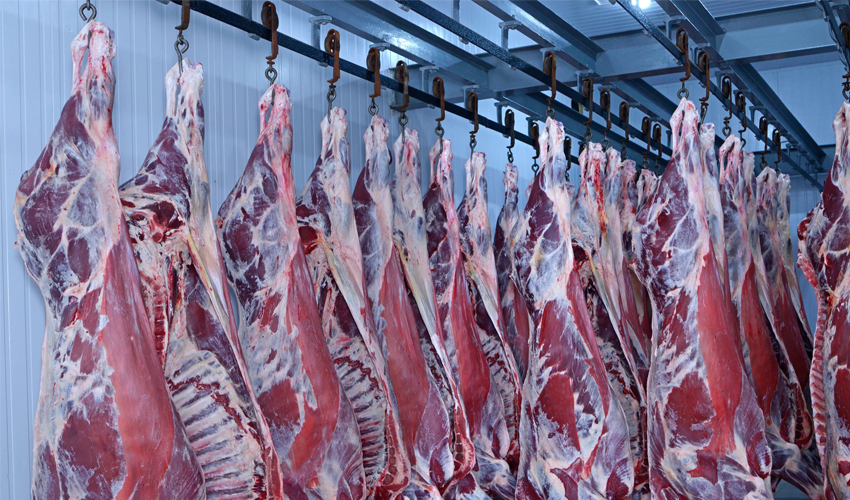In a recent development, the United Arab Emirates (UAE) has placed a temporary ban on the import of frozen meat from Pakistan via sea routes following the discovery of fungus in a meat consignment.
Amidst the embargo, exporters are urged to adhere to prescribed protocols for future shipments. While sea imports have been temporarily halted, exports of Pakistani meat by air remain unaffected. Naseeb Ahmad Saifi, a prominent meat exporter, clarified that this is not an outright ban but rather a precautionary measure to ensure the quality and safety of imported meat.
The UAE authorities have stipulated that exporters must vacuum-pack their products before shipping them in refrigerated containers by sea, a protocol that aims to prevent contamination issues like the one recently encountered.
Impact on Pakistan's meat export industry
Pakistan is a significant exporter of meat to the UAE, with exports valued at approximately $144 million annually. This embargo, albeit temporary, has raised concerns in Pakistan's meat export industry. The country produces around 4.9 million tonnes of meat each year, yet only exports roughly 2% of its total production.
While Gulf Cooperation Council states and several Far East countries constitute major markets, recent efforts have expanded meat exports to China, Egypt, and Indonesia.
Root cause
The discovery of fungus in a fresh chilled meat shipment from a Pakistani company to the UAE has been attributed to a faulty refrigeration system within the shipping line.
The Trade Development Authority of Pakistan (TDAP) acknowledges that initial investigations indicate substandard meat quality resulting from inefficient or non-functioning refrigeration systems in reefer containers, a responsibility of the shipping lines. Exporters affected by the ban have already filed damages petitions against the shipping line.
Diplomatic efforts underway
TDAP and the Pakistani Consulate in Dubai have launched diplomatic efforts to address the situation. They are engaging with stakeholders to pinpoint the exact cause of the problem and have formally requested a meeting with the UAE Ministry of Climate Change and Environment to present Pakistan's perspective and address concerns raised by the UAE authorities.
The Organic Meat Company Ltd (TOMCL), a leading Pakistani meat processor, has affirmed its commitment to continuing exports of frozen and vacuum-packed chilled meat products to the UAE via sea routes. They stress that the ban solely pertains to fresh chilled meat exports via sea and does not impact their shipments. TDAP remains optimistic about finding an amicable resolution to restore fresh chilled meat exports from Pakistan to the UAE.
In conclusion, while this ban on sea imports has temporarily disrupted Pakistan's meat exports to the UAE, efforts are underway to ensure compliance with international standards and regain the trust of UAE authorities. Both nations are hopeful that through constructive dialogue and cooperation, a resolution can be reached, allowing the resumption of fresh chilled meat exports from Pakistan to the UAE.



























